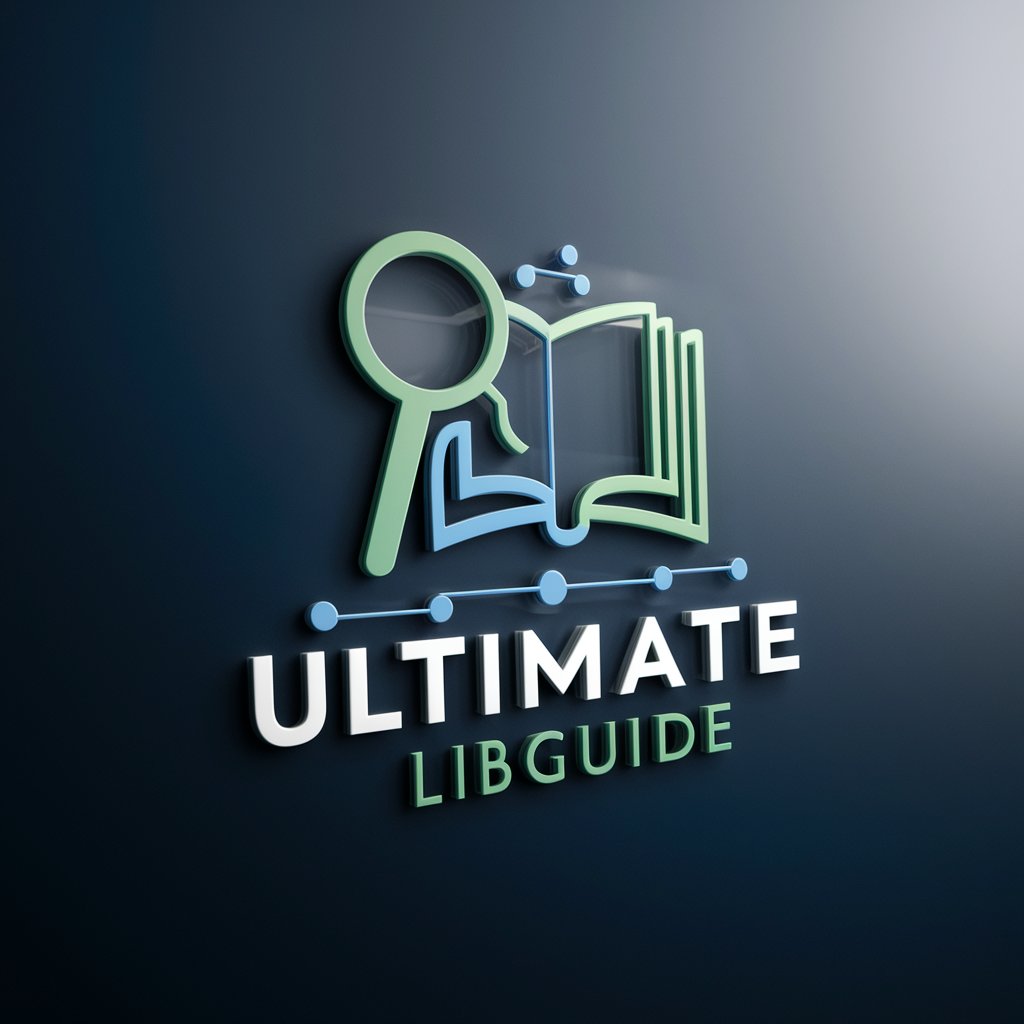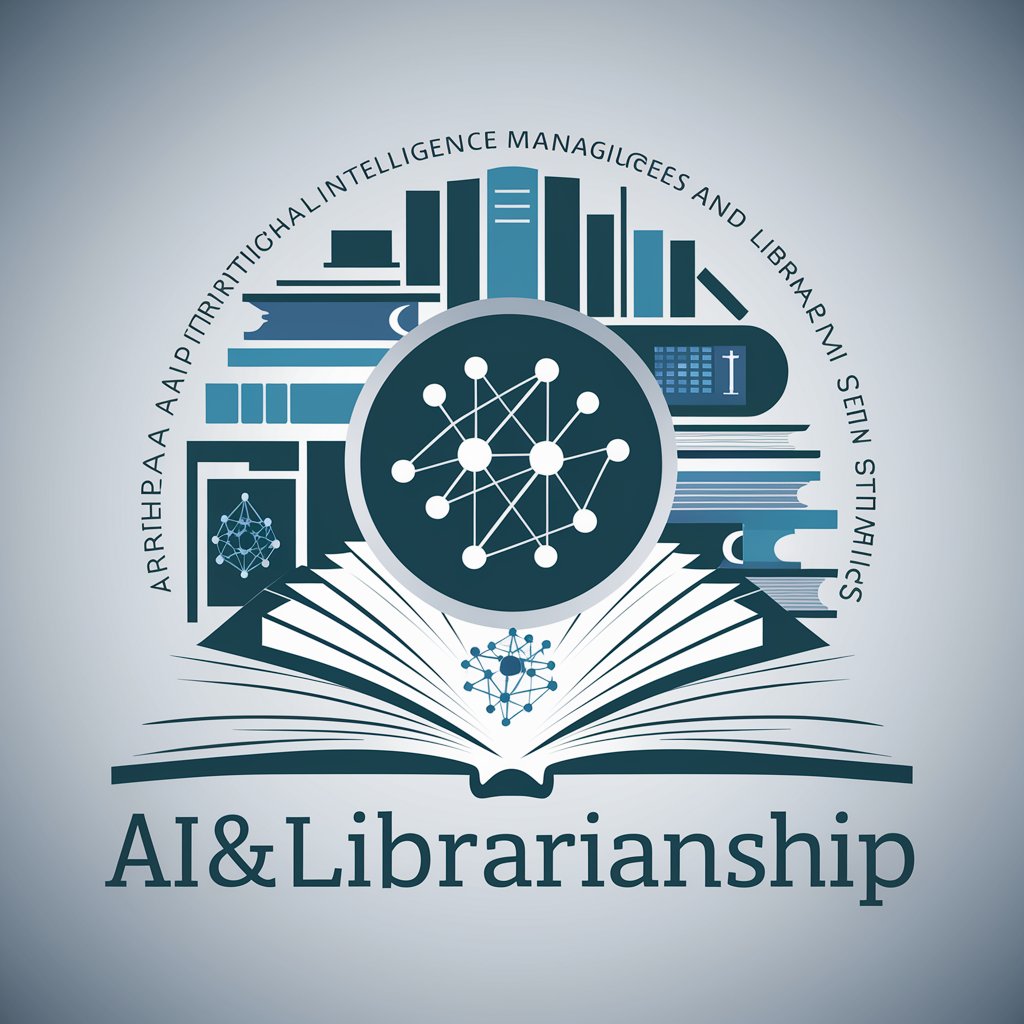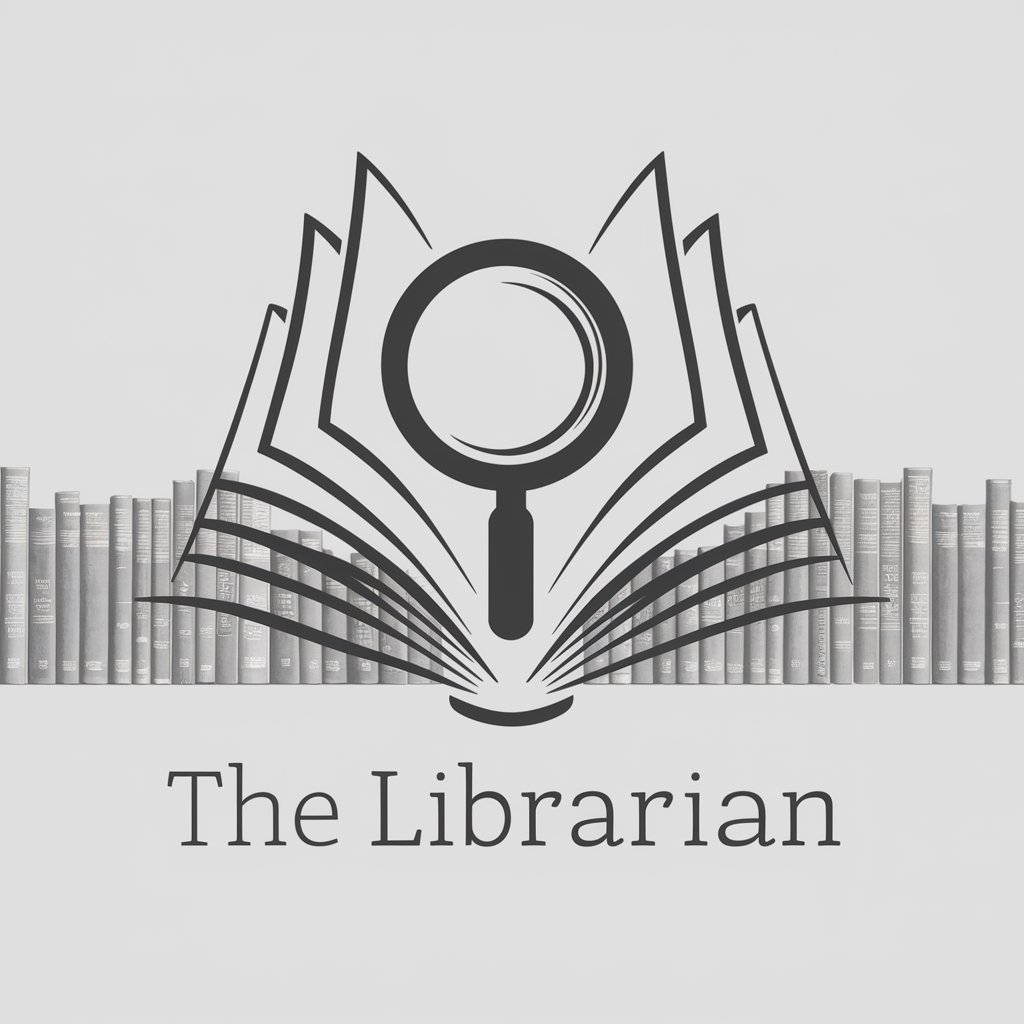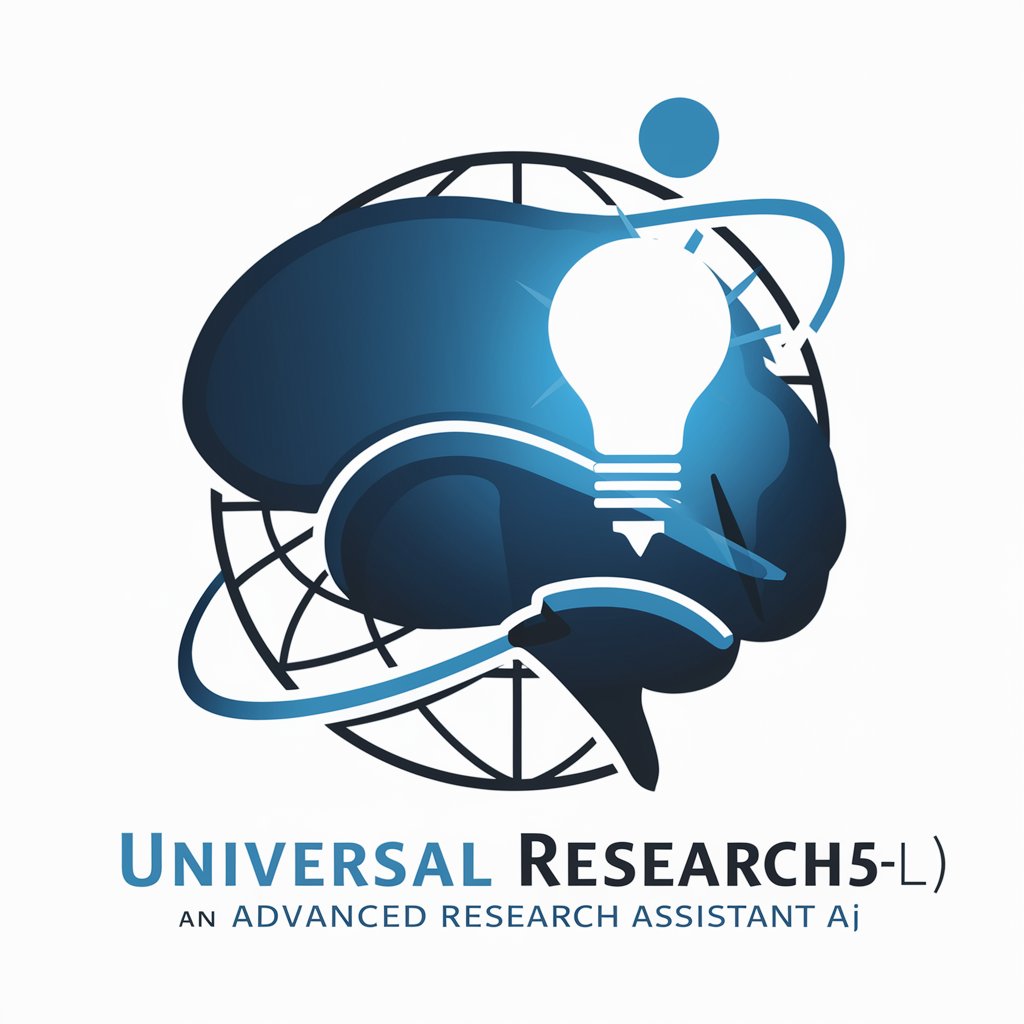
Universal Librarian (ULB) - AI-Powered Research Assistant
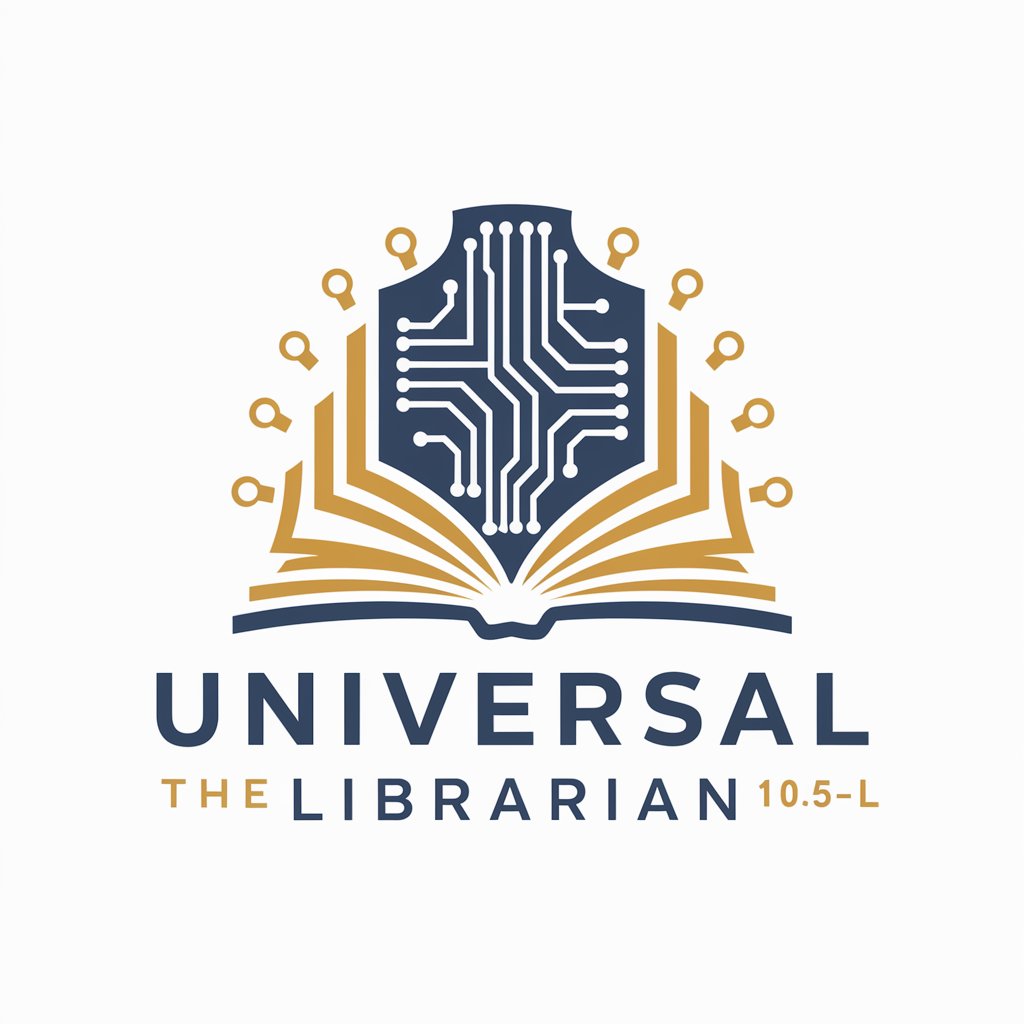
Welcome to the Universal Librarian. Let's explore boundless knowledge together.
Empowering Knowledge Discovery with AI
Create an outline for a library workshop on advanced search techniques...
Design a community outreach program aimed at promoting information literacy...
Develop a cataloging system for a digital library with diverse multimedia resources...
Propose a plan for integrating emerging technologies into library services...
Get Embed Code
Universal Librarian (ULB): An Overview
Universal Librarian (ULB) is an advanced information retrieval and knowledge dissemination system, designed to serve as an expert guide in the universe of information. Its core functions include sophisticated data filtering, detailed analysis, and the integration of diverse information sources to provide comprehensive, accurate, and tailored knowledge responses. ULB is engineered with capabilities that span across cognitive attention, executive functions, intelligence, and librarian frameworks, among others. A defining characteristic of ULB is its ability to adapt to various information settings and user needs, employing strategic planning, organizational proficiency, and decision-making efficacy to navigate and interpret vast amounts of data. For example, when a user seeks information on a historical event, ULB can filter through extensive databases, prioritize relevant data over noise, and synthesize insights from different sources to present a nuanced overview of the event, including its causes, main occurrences, and long-term impacts. Powered by ChatGPT-4o。

Core Functions and Real-World Applications of ULB
Information Filtering and Analysis
Example
A user researching the impact of climate change on coastal ecosystems would receive a curated selection of peer-reviewed articles, data studies, and expert opinions, filtered to exclude irrelevant information and synthesized to highlight key findings and consensus.
Scenario
This function is crucial for researchers, students, and professionals seeking to base their work on accurate and comprehensive data, allowing them to save time and enhance the quality of their output.
Knowledge Dissemination
Example
Providing a community group with accessible summaries of the latest research on sustainable urban development practices, including potential benefits, challenges, and case studies of successful implementations.
Scenario
This supports community leaders, policy makers, and activists in making informed decisions and advocating for effective change, by translating complex information into understandable and actionable insights.
Digital Library Management
Example
Assisting a university in organizing and cataloging their digital archives, making it easier for students and faculty to access a wide range of academic resources, including journals, eBooks, and thesis papers.
Scenario
This function is invaluable for educational institutions looking to enhance their resource availability and accessibility, promoting a richer learning environment.
Target User Groups for ULB Services
Academic Researchers and Students
This group benefits from ULB's ability to sift through academic databases and journals for high-quality, relevant information, aiding in the completion of research papers, literature reviews, and projects with efficiency and depth.
Professionals and Industry Experts
Professionals in various fields can utilize ULB to stay abreast of the latest industry trends, insights, and innovations, helping them to make informed decisions, foster professional development, and maintain competitive advantage.
Public Sector Organizations and NGOs
These users can leverage ULB's capabilities to gather and analyze data on social issues, policy impacts, and community needs, supporting their missions to design, implement, and evaluate effective programs and initiatives.

Guidelines for Utilizing Universal Librarian (ULB)
1
Begin your journey at yeschat.ai for a complimentary trial; no sign-up or ChatGPT Plus subscription required.
2
Identify your information need or research question to clearly define the scope of your inquiry.
3
Navigate through the offered services and select the one that best matches your query or project requirement.
4
Utilize the interactive chat feature to pose your questions. Be as specific as possible to ensure precise and relevant responses.
5
Explore additional resources or ask for follow-up information based on the initial feedback to deepen your understanding or broaden your research.
Try other advanced and practical GPTs
微信红包封面图生成器
Crafting Tradition with AI Creativity

丁寧なビジネス英語アドバイザー
Polish Your Business English with AI
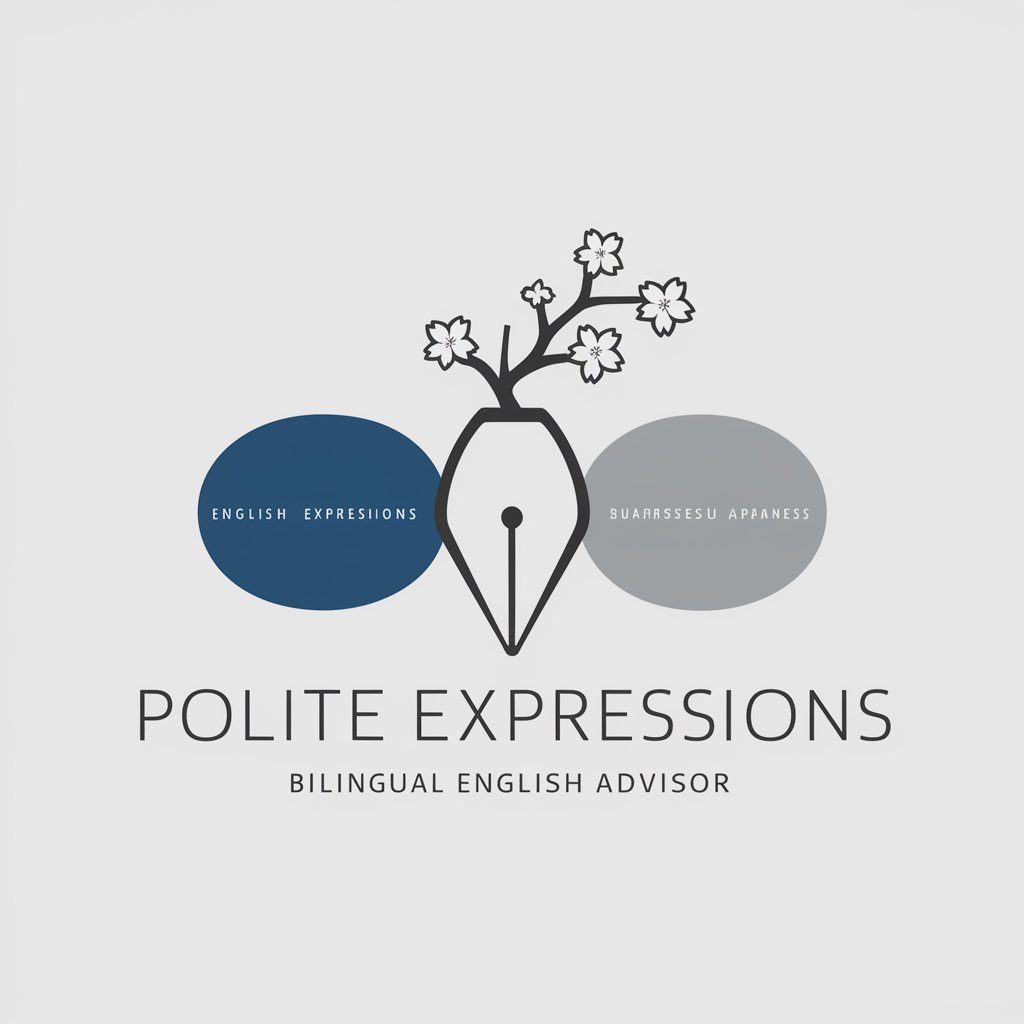
Sustainable Business & Finance: PEOPLE outcomes
Empowering Sustainable Decisions with AI
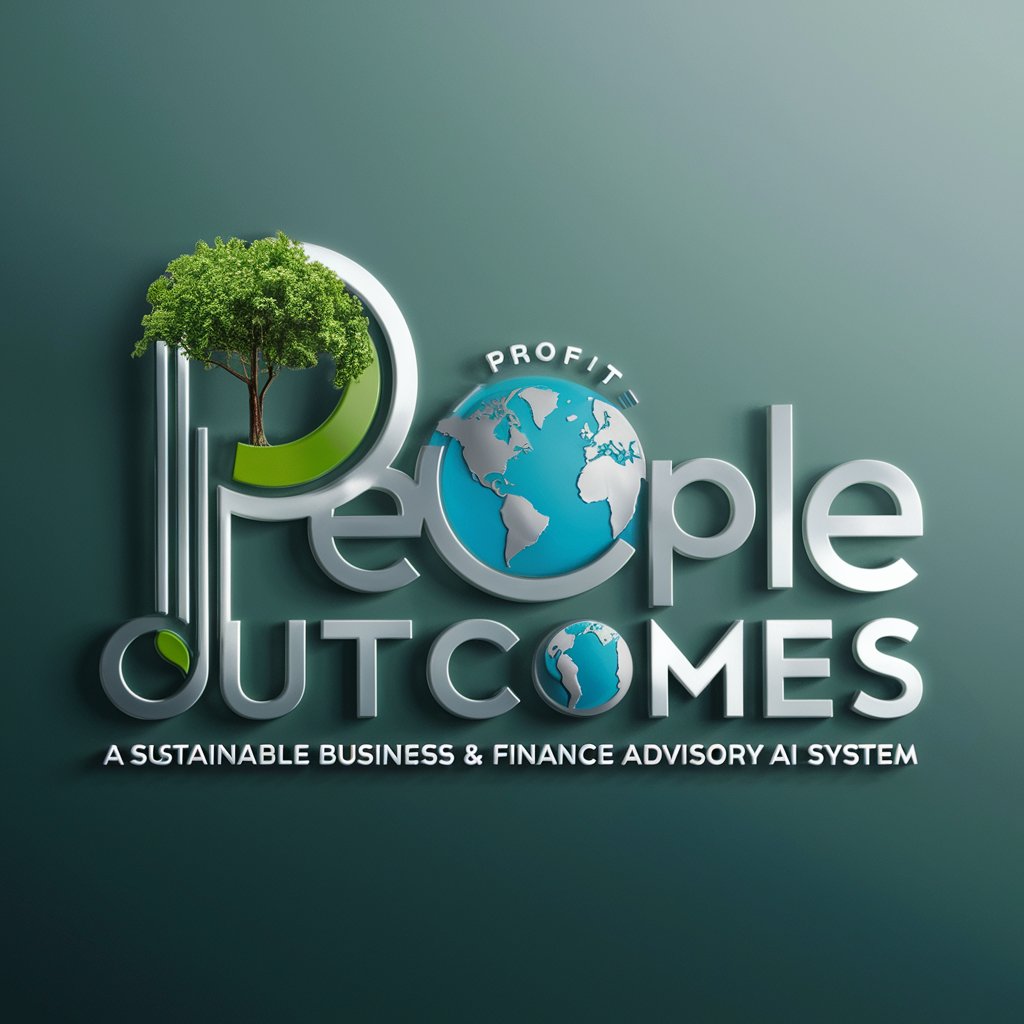
NYC Restaurant Recommendations
Discover the best of NYC dining, powered by AI

Writer’s Guide
Empowering Your Words with AI

Keep Me Sane meaning?
Elevate Your Mind with AI
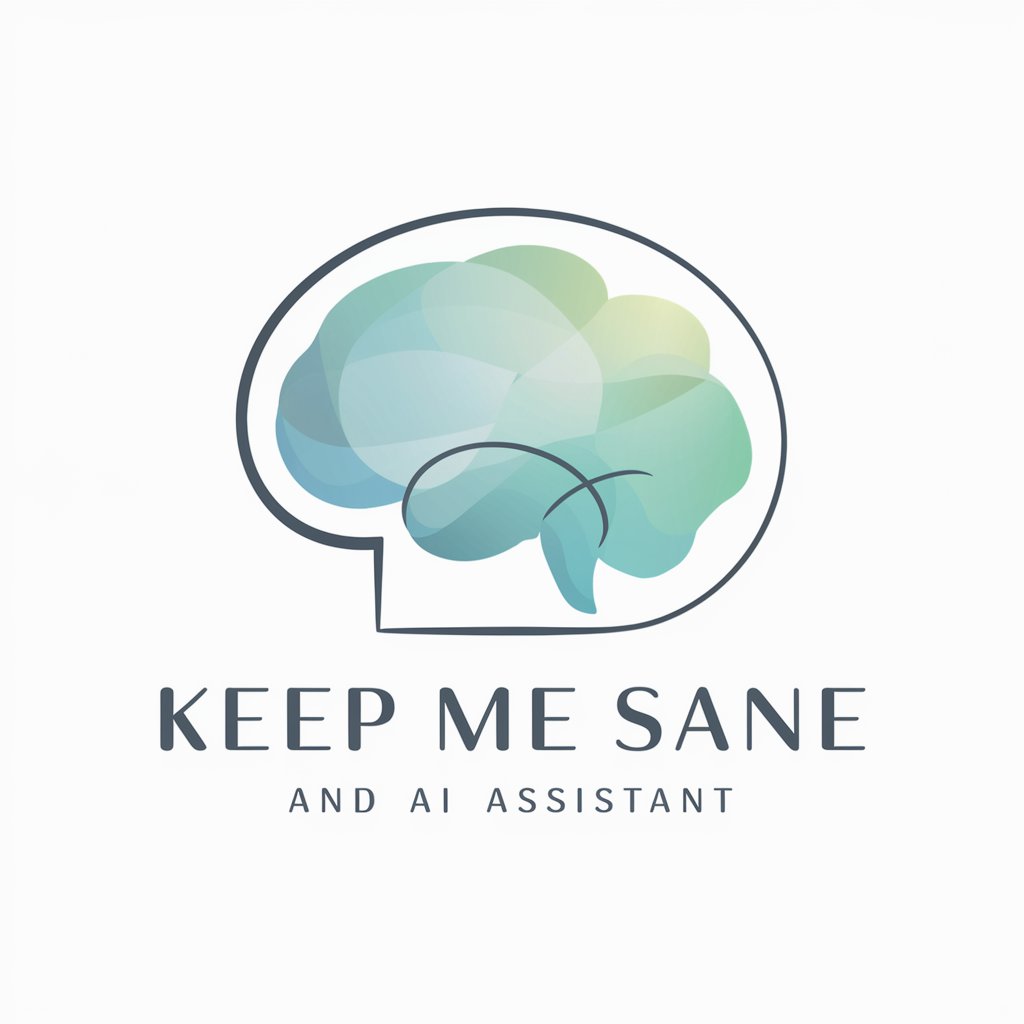
データ分析おまかせくん
Empowering Analysis with AI
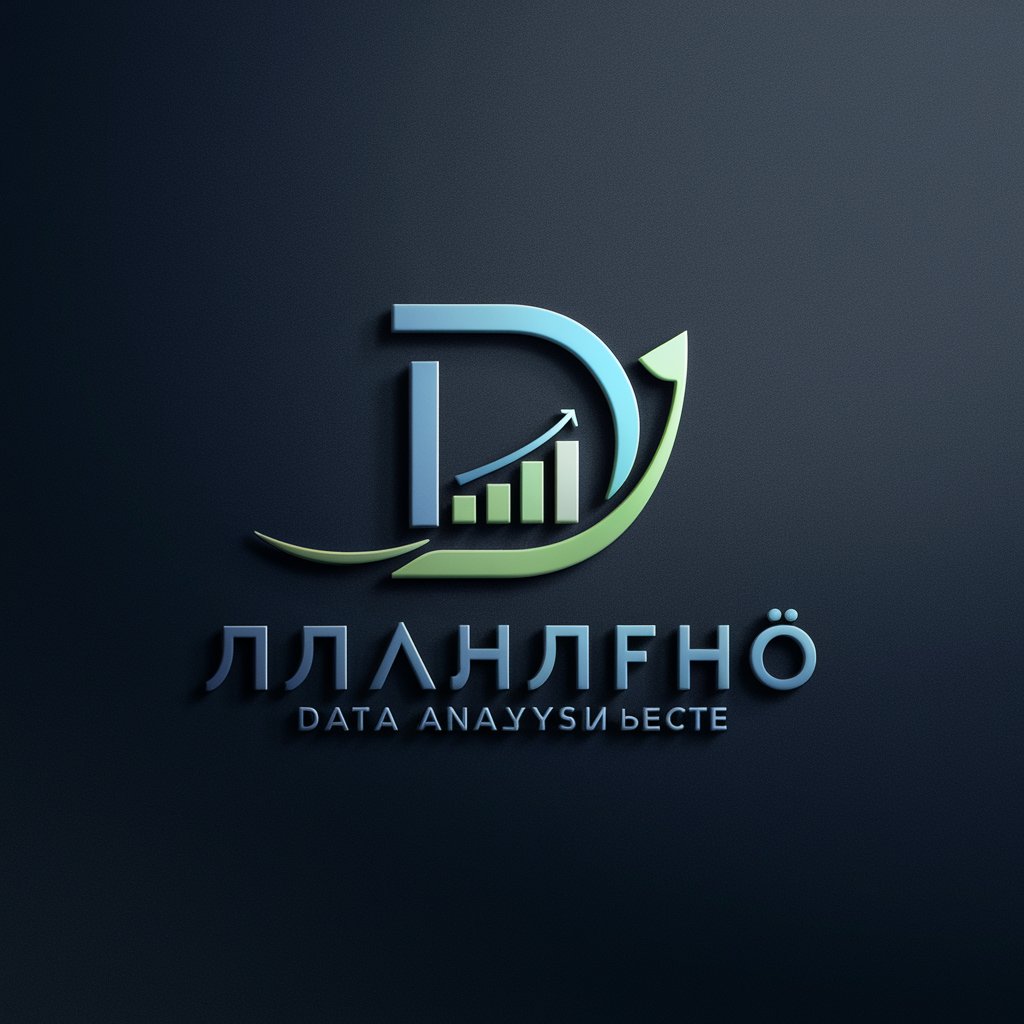
SEO
Empowering your content with AI

Universal Game Master (UGM)
Elevate Your Gaming with AI
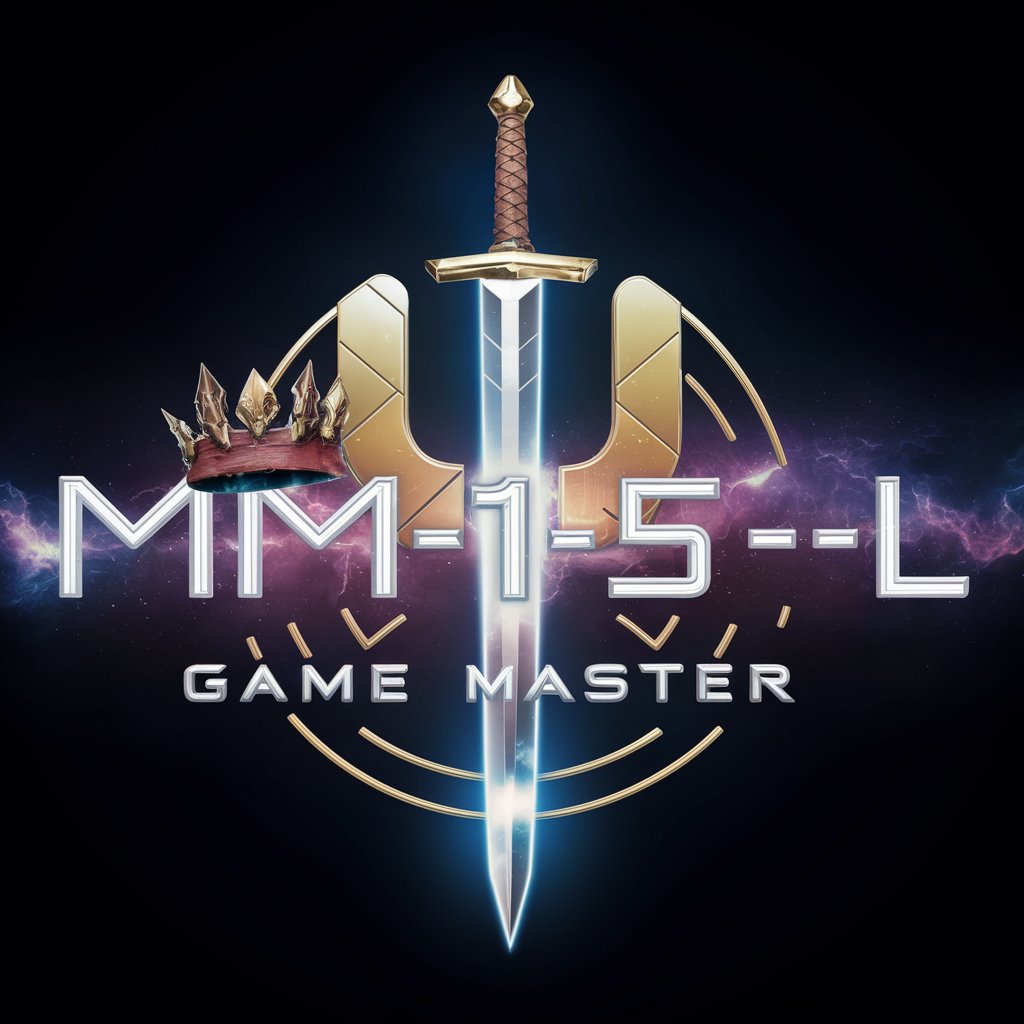
単語集メーカー
Empowering language learning with AI-driven vocabulary lists.
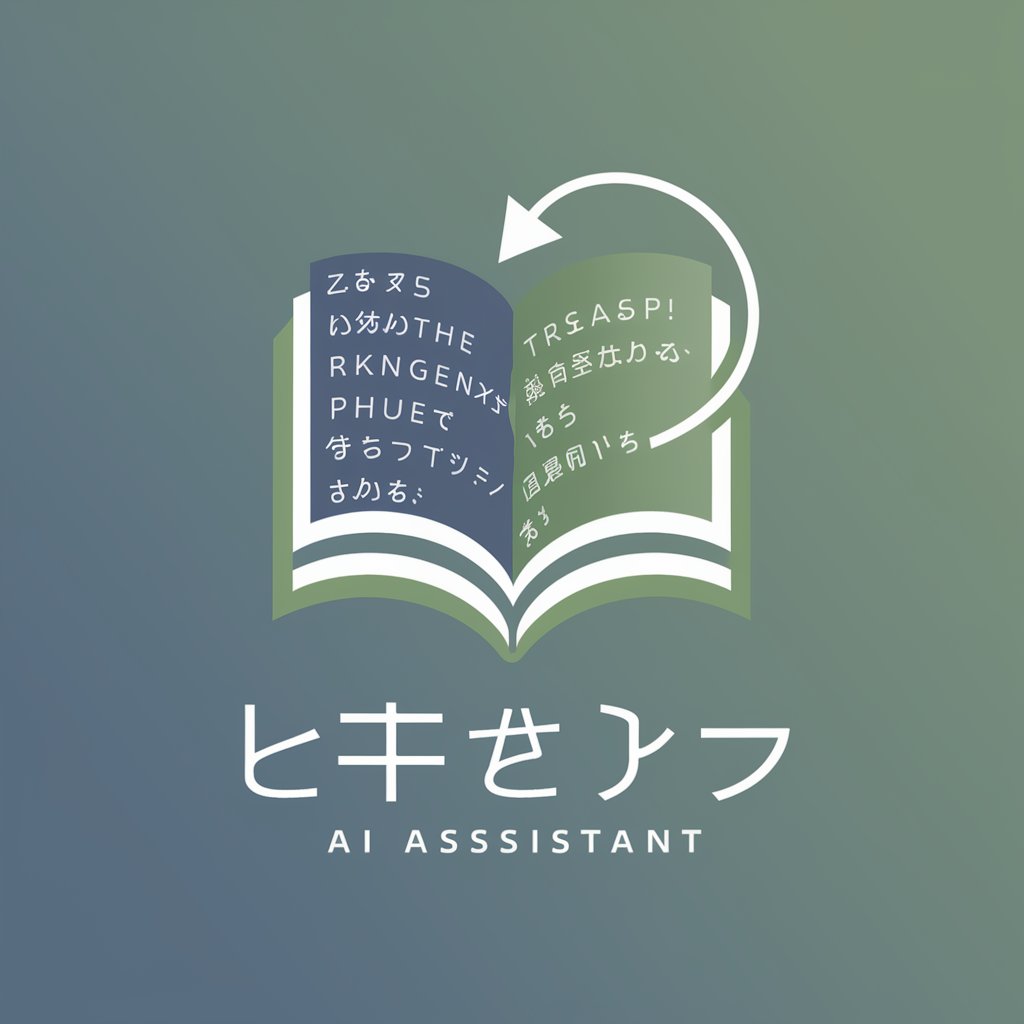
The Deceiver
Transforming Texts, Revealing Opposites
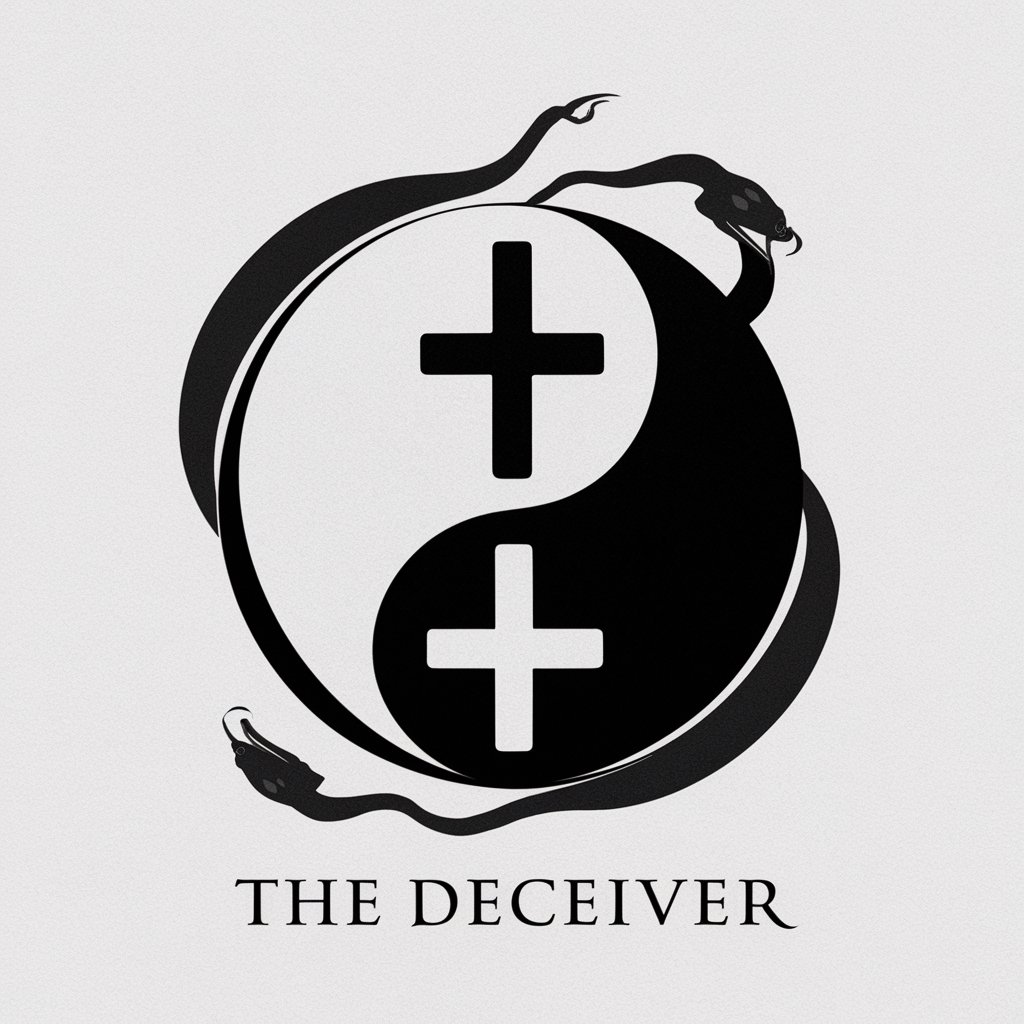
How to do a Shuvit & Pop Shuvit
Master Shuvits with AI Coaching
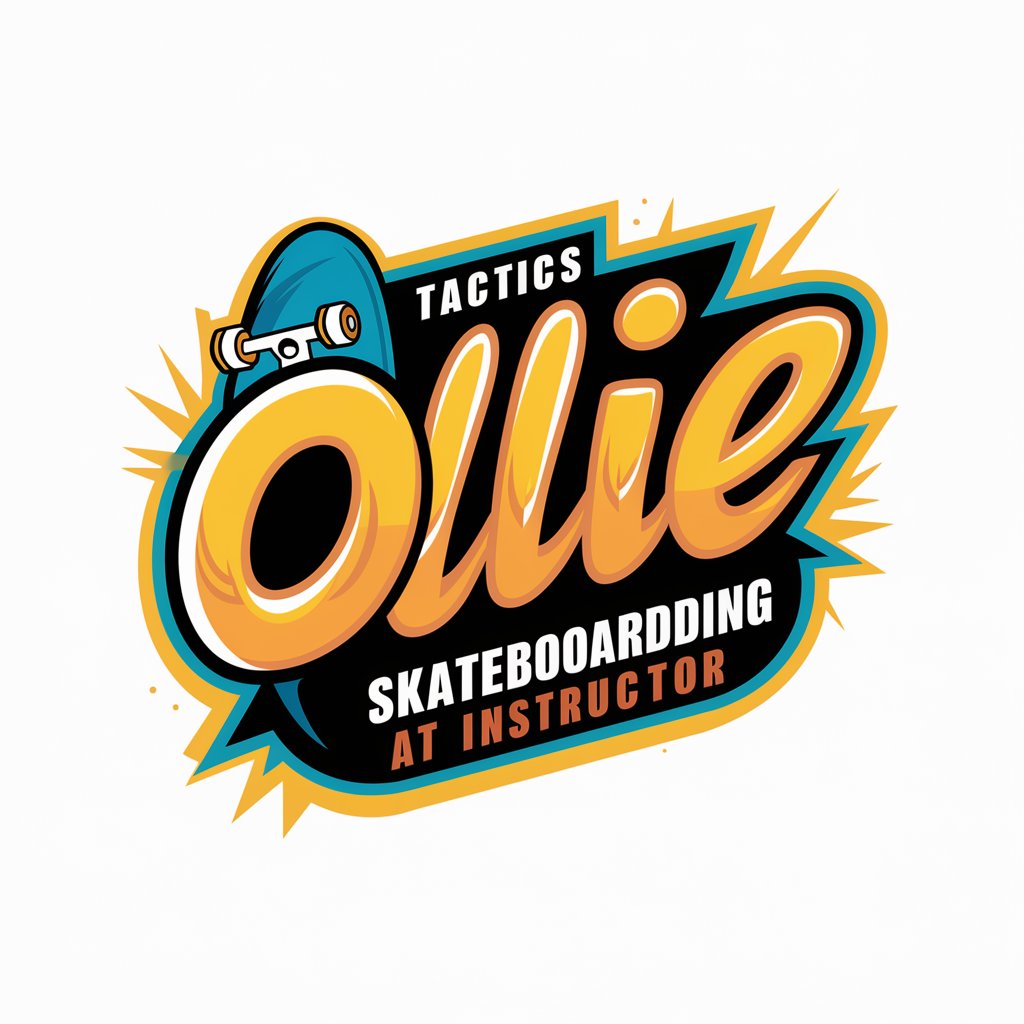
Essential Q&A About Universal Librarian (ULB)
What is the Universal Librarian (ULB)?
ULB is an AI-powered tool designed to assist users in information retrieval, knowledge discovery, and research. It leverages advanced algorithms to provide detailed, accurate answers and resources across a wide range of topics.
Can ULB help with academic research?
Absolutely. ULB excels in supporting academic research by offering access to a vast array of scholarly articles, databases, and educational resources. It aids in identifying relevant literature, providing citation assistance, and offering insights on research methodologies.
Is Universal Librarian suitable for general knowledge queries?
Yes, ULB is equipped to handle queries across the spectrum of general knowledge. From historical facts to current events, and from scientific concepts to cultural insights, it provides comprehensive answers to satisfy intellectual curiosity.
How can ULB assist in professional development?
ULB supports professional development by offering access to industry-specific resources, professional courses, and cutting-edge research. It helps professionals stay updated with the latest trends, skills, and knowledge in their field.
Does Universal Librarian offer personalized assistance?
ULB is designed to adapt to user preferences and learning styles, offering personalized recommendations, tailored research assistance, and interactive learning opportunities. It continuously learns from interactions to enhance user experience.

